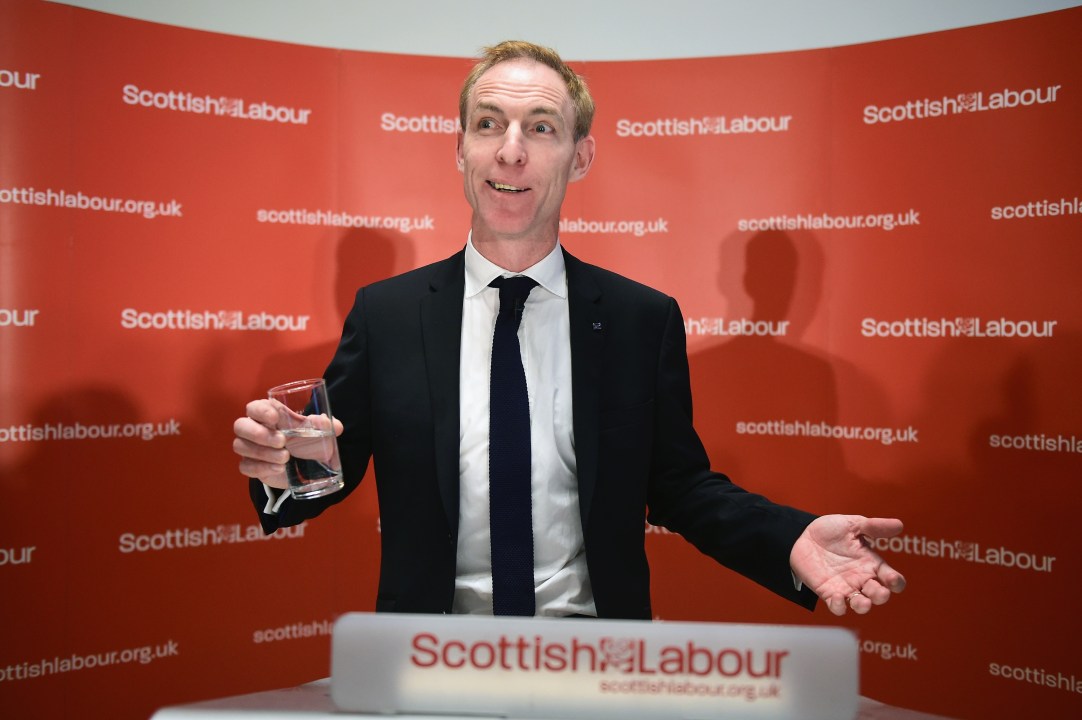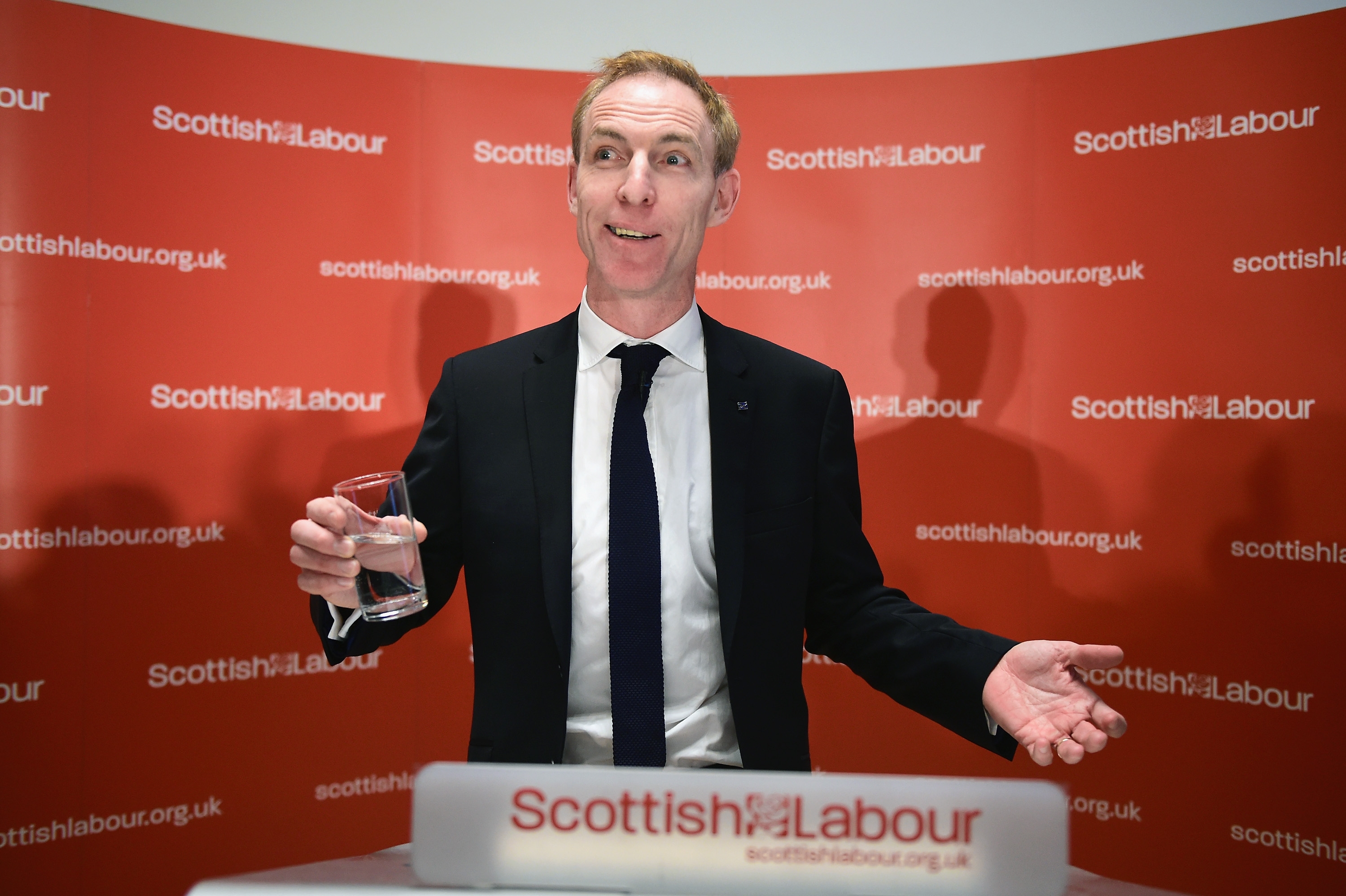We’ve just had two years of intensive constitutional politics. Time enough, you’d think, for even London-based politicians and commentators to work out how British politics actually works. But if you think that you’d be wrong. Very wrong.
Consider our old friend the Barnett Formula. Antiquated and not entirely fit for purpose – it being a 1970s convenience that was itself an updated version of the 1880s Goschen Formula – but hardly a mystery or a terribly complicated piece of financial wizardry. And yet it seems that almost no-one in the Westminster village actually understands how Barnett works.
Yesterday, you see, Jim Murphy promised that he would use Scotland’s share of the proceeds from Labour’s so-called Mansion Tax to hire an extra 1,000 nurses north of the Border. Actually, daftly, he promised to hire 1,000 more nurses than any number of nurses hired by the SNP. If the SNP were to promise 5,000 Labour would promise 6,000 even if there was no need for that many nurses. But, hey, it’s an election so, like, whatever. We cannot afford a nurses gap.
It is also, of course, a ridiculous promise since it can only be made good if Labour forms the next government at Westminster and at Holyrood. That is, Labour must win across the UK in 2015 and in Scotland in 2016 for any of this to matter at all. Good luck with that.
Nevertheless, the reaction from politicians and pundits in London has been as unhinged as it has been ignorant. The Telegraph screams Labour will tax middle-class homeowners in England to fund NHS in Scotland while Boris Johnson whines that Labour is “mugging Londoners to win votes in Scotland”.
Let us pause for a moment to reflect on the Telegraph’s quaint belief that owning one of the 100,000 most expensive properties in Britain places the poor beleaguered homeowner squarely in the middle-class. Let that sink in for a moment.
Right.
As for Boris, he might as well have complained that, if Labour win the elections, wealthy Londoners will be taxed to pay for the NHS in Sunderland, Wigan and Carlisle. Of course, London based objections to funding services in other parts of the UK are just the same as SNP complaints that revenue from Scotland subsidises spending in other parts of the UK. (Meanwhile the poor Welsh are routinely ignored despite, on the whole, receiving the worst deal of all.)
Anyway, here’s how Barnett works. When extra money is allocated to spending in England Scotland, Wales and Northern Ireland receive a share of that additional spending provided, that is, the money levied in England is spent on matters devolved to Edinburgh, Cardiff and Belfast. These are the famous Barnett Consequentials.
Which is why, since the Mansion Tax is supposed to raise money for the NHS, Murphy can promise to spend Scotland’s share of that cash on as many nurses as he likes. Wales and Northern Ireland will receive a share of this money too.
It is true that there is no requirement for the devolved ministries to spend this money on the NHS. They could spend it on anything they like. Blue cheese, for instance. Indeed, in Scotland the opposition has complained that the SNP government has not actually spent health Barnett Consequentials on the NHS. Which is why spending on health has actually increased more slowly in Scotland than in England. Nevertheless, there we are.
All clear? The next thing to observe is that Barnett will become less and less important. Assuming – as perhaps we should not – a new Scotland bill is passed at some point in the next parliament it will transfer income-tax raising powers to Scotland. Which means the block grant will be considerably smaller than it has been hitherto. Which in turn means Barnett – which applies to the block grant – will similarly be a smaller fish than previously.
But since the Mansion Tax will be levied across the UK it is entirely reasonable for its proceeds to be spent across the UK too. We are still, you know, one country (even if it’s one country containing four countries). There was a vote to decide this. You may remember it.
Moreover, if you take the view it is outrageous for tax receipts largely generated in one part of the country to be spent across the whole of the UK then, presumably, you would also think it outrageous that north sea oil and gas receipts – 90% of which come from Scottish waters – are dispersed across the country for – in theory – the benefit of all. This, of course, is the SNP line. So here again we see an irony: Alex Salmond and Boris Johnson agree with one another more than either would care to admit. (And given the disparity between infrastructure spending in London and elsewhere the Mayor might do well to haud his wheesht.)
Oh, and while we’re talking about all this it’s worth observing that, on the whole, revenue from Scottish oil has, over the last 30 years, more or less matched the additional per capita public spending in Scotland that seems to irk so many people in London. It’s a wash. True, oil revenues will be lower this year but that’s a different matter entirely.
I dare say that Ed Miliband is not happy with Jim Murphy today. But then he’s never been happy with Jim Murphy. Again, the irony is that Miliband will have to be saved by a man he tried to kill. But that’s politics for you.








Comments